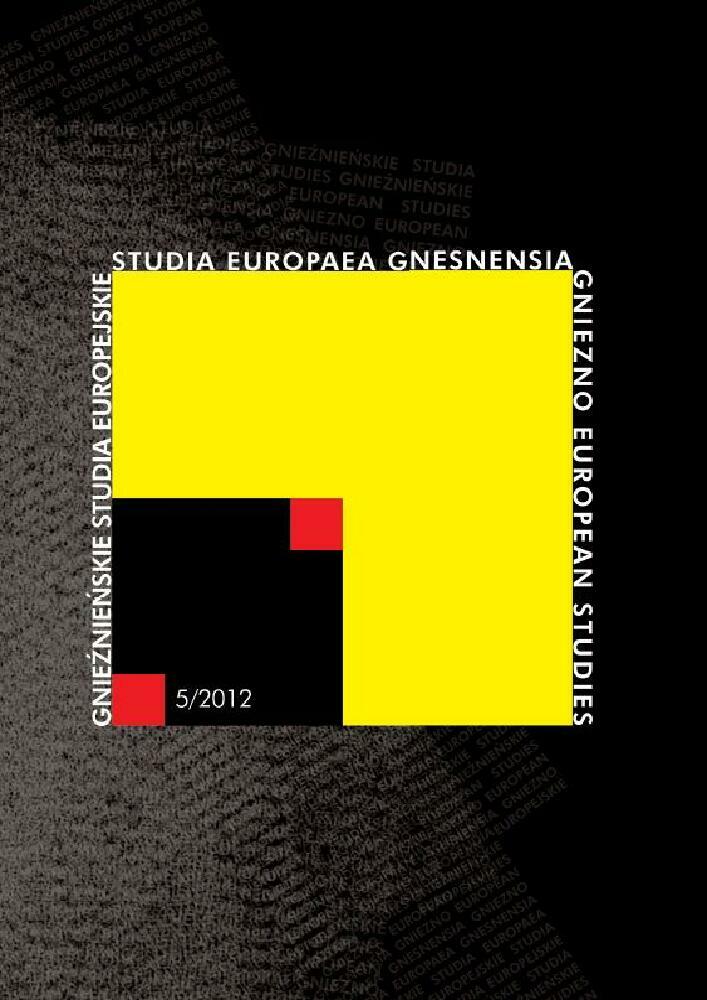Abstract
The figure of the humanist Cristóbal de Castillejo (Ciudad Rodrigo, 1490- Vienna, 1550) plays a fundamental role in 16th centuryEurope, embodied by emperor Charles V. The most significant aspect in the poet’s biography, a fact borne out by his famous works, was the early association with the court of one of the most charismatic and prominent figures of the then Central Europe, the archduke ofAustria and the ruler ofBohemia andHungary, Ferdinand, the emperor’s brother. First as a page, when Ferdinand was only the Spanish infant, and later as a royal secretary inVienna, he participated in king’s travels as well as important political and literary events. This privileged position found its reflection not only in the official accounts, but also in Cristóbal de Castillejo’s work. The twenty five years spent at the court inVienna have their testimony in the highly valuable epistolary anthology entitled ”El emperador Carlos V y su corte según las cartas de don Martín de Salina”.
Riferimenti bibliografici
Beccaria Lago M.D., Vida y obra de Cristóbal de Castillejo, Anejos del Boletín de la Real Academia Espanola, LV, Madrid 1997, p. 514.
Cenizo Jiménez J., Antifeminismo y humor del cuento intercalado en “Diálogo de mujeres”, de Cristóbal de Castillejo, in: J.A. Hernández Guerrero et alii, El humor y las ciencias humanas, Actas del I Seminario Interdisciplinar sobre “El humor y las ciencias humanas”, Cádiz 2001, pp. 279–284.
Chevalier M., Castillejo, poéte de la Renaissance, Travaux del’Institut d’études ibériques et latino-américaines, Estrasburgo, XV, 1975, pp. 57–63.
Comellas Aguirrezábal M., Notas sobre el moralismo misógino en el “Diálogo de mujeres” de Cristóbal de Castillejo, Philologia Hispalensis IV, 1986, p. 375.
Fucilla J.G., Estudios sobre el petrarquismo en Espana, Consejo Superior de Investigaciones Científicas, Madrid 1960, p. XIII.
Lapesa R., Poesía de cancionero y poesía italianizante, in: idem, De la Edad Media a nuestros días, Madrid 1971, pp. 145–171.
López Bueno B. y Reyes Cano R., Garcilaso de la Vega y la poesía en tiempos de Carlos F. Rico, Historia y crítica de la literatura espanola, II, Crítica, Barcelona 1980, pp. 98–113.
Martínez Navarro M.R., El antipetrarquismo en Espana. El caso de Cristóbal de Castillejo, Revista digital internacional, hispana, filológica y cultural Esfera, 2009, pp. 90–112.
Navarrete I., Los huérfanos de Petrarca: Poesía y teoría en la Espana renacentista, Madrid 1997, p. 202, en nota 26.
Reyes Cano R. (ed.), Antología poética, Madrid 2004, pp. 19 y 29.
Reyes Cano R. (ed.), Cristóbal de Castillejo. Obra completa, Madrid 1998, p. X.
Reyes Cano R., Estudios sobre Cristóbal de Castillejo (tradición y modernidad en la encrucijada poética del siglo XVI), Salamanca 2000.
Licenza
Copyright © 2012 by IKE and PTPN
